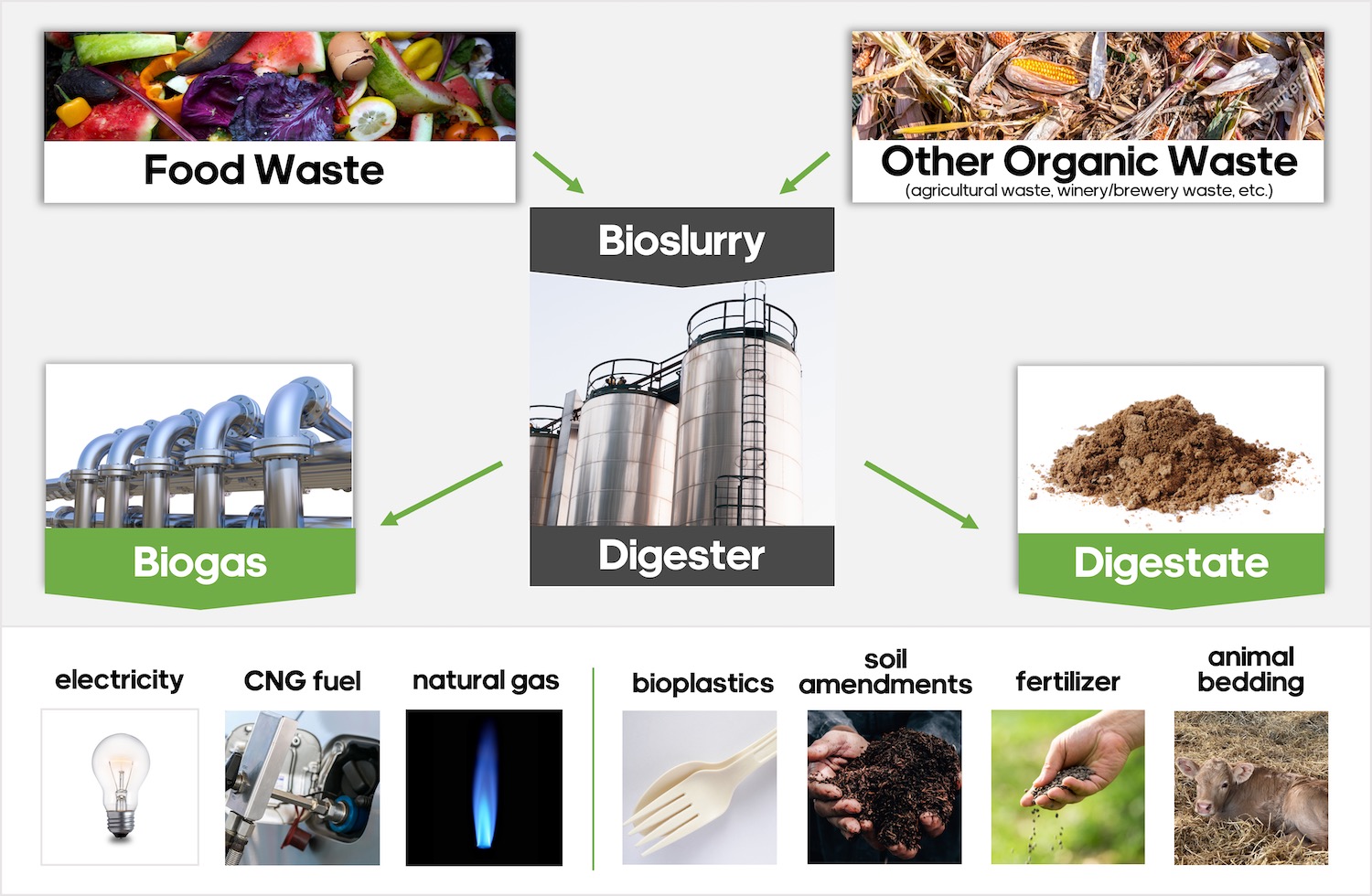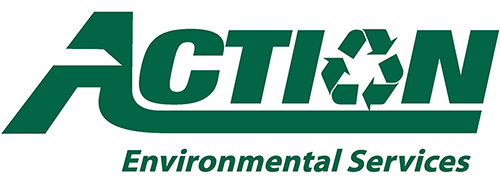SUSTAINABILITY
Organics Recycling
Pioneers in sustainability
IWS was the first to offer organics recycling to New York City customers as early as 2003. Grocery stores, restaurants, stadiums, schools, and entertainment venues all depend on our organics recycling program to realize both their sustainability goals and regulatory requirements.
How does it work?
Organic waste is placed in dedicated containers and collected by our specialized, leak-proof vehicles. At the processing facility, your organic waste is converted into natural products such as nutrient-rich compost or fertilizer.
Organics recycling programs not only reduce dependance on landfills, but also help to reduce the greenhouse gas emitted in landfills during decomposition. By harnessing organic waste as a resource, we reduce our carbon footprint and contribute to the sustainability of our food chain.
How is commercial organic waste recycled?
Reuse
Food waste is transported to farms for livestock feed.
Composting
Food waste is taken to a commercial composting facility where waste is turned into nutrient rich soil or fertilizer.

Co-digestion
(anaerobic digestion for energy recovery)
Food and organic waste is processed into a bioslurry which is then added to an anaerobic digester system. In the digester, the bioslurry increases the production of biogas which is then captured and piped to the natural gas grid or converted into electricity. The digestate (the residual material) can be processed into horticultural or agricultural products or used in the manufacturing of bio-based products such as bioplastics.
Did you know?
Food waste accounts for approximately 22% of all municipal solid waste in the U.S. (FDA/EPA)
40% of our food waste comes from food service establishments, retail food stores, and other consumer facing businesses.
Of the greenhouse gas attributed to food waste, more than 85 percent of those greenhouse gas emissions occur prior to disposal. Meaning the majority of greenhouse gasses are due to production, transport, processing, and distribution. Food waste prevention is key to the reduction of greenhouse gas emissions.



